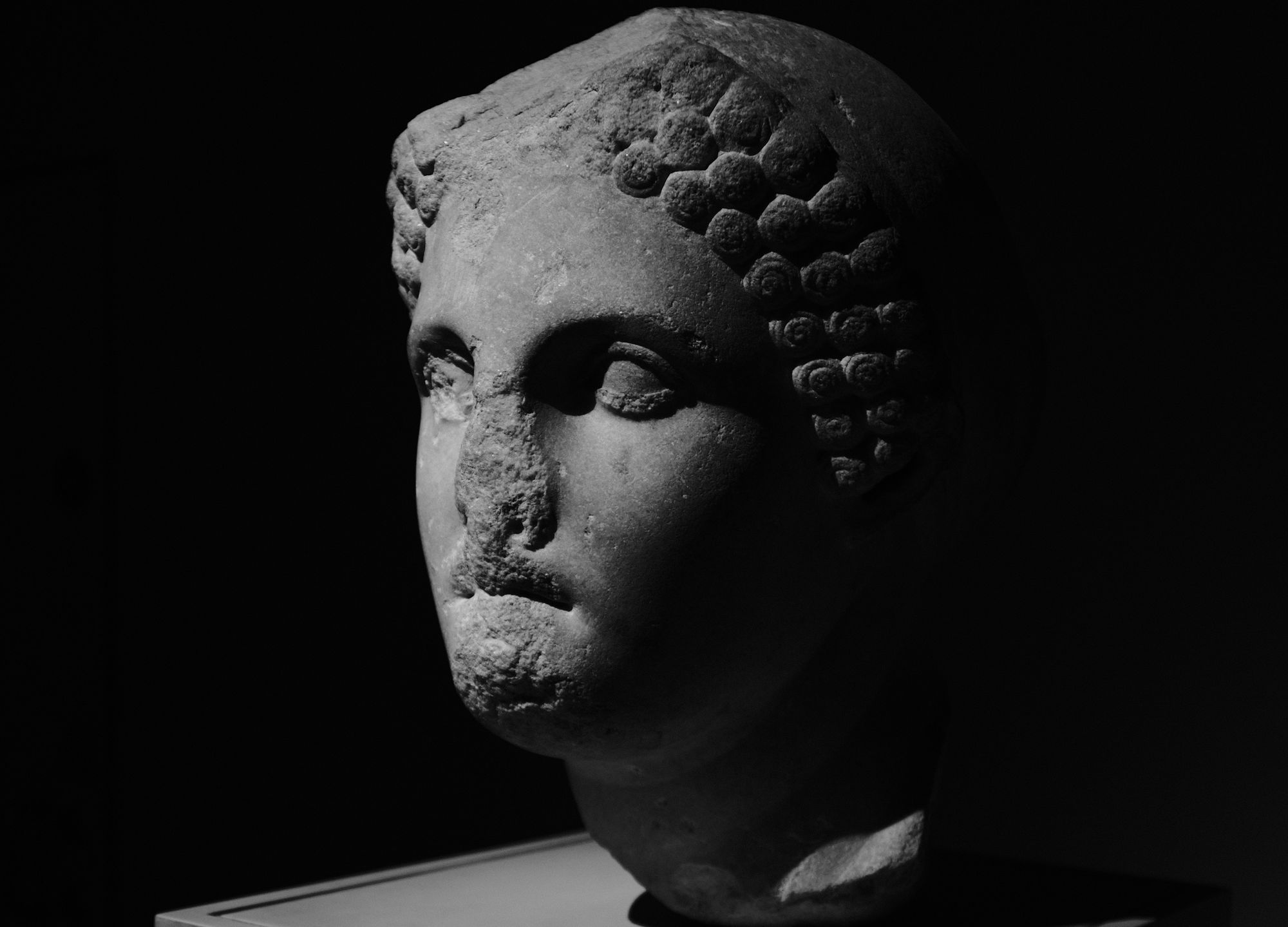The Artistry and Status of Crime
While white-collar crime is defined as non-violent, focused on corruption, and fraud of many types, history and current events have proved that white-collar crimes are often linked to unimaginable violence. Why do we give crime a class structure? Isn’t all crime just crime no matter the offender?

You: I want you to return my things.
Me: It’s been so long, they’re mine now.
You: No, they’re not. They’re mine. Always have been mine.
Me: But I take better care of them than you do.
You: Still mine. Stolen, not sold, or given to you.
Me: My great-great-great-great-great grandfather did that. Not my fault.
You: Still mine.
Looting is a word usually associated with riots, visions of people in tattered clothing hauling TVs, and small appliances from stores attacked and left unsecured.
Looting is also a key word in the sophisticated art world. Treasured pieces in the most prestigious museums in the world are actually pillage, plunder, booty----stolen goods. Thousands of religious artifacts stolen during colonization or wars have been “fenced,” in the name of high-class art.
Some museums are returning pieces to their original owners, but there are those fighting to keep them using asinine arguments such as, we take better care of them, and we own them now. This is yet another bit of history laced in greed, corruption, arrogance, and privilege.
New York’s Metropolitan Museum of Art is returning dozens of artifacts to their countries of origin; Egypt, Italy, Libya, and India. The Manhattan district attorney’s office seized the pieces from the Met. While other U.S. museums are returning more recently stolen antiquities to Cambodia.
Many of Nigeria’s famed Benin bronzes were looted by the British in the 1800s and sold all over the world. Nigeria’s National Commission for Museums and Monuments issued requests to reclaim their stolen property. The French government and a British University agreed to return Benin bronzes to Nigeria. The National Gallery of Art, the Smithsonian Institution’s National Museum of African Art, and the Rhode Island School of Design are also among those who agreed to return Benin bronzes.
But the British Museum is not on board in every case. (You might want to put down your watercress sandwich and suspend high tea for this one). They cite their law as justification. The British Museum Act of 1963 is an Act of the Parliament of the United Kingdom. It replaced the British Museum Act 1902. The Act forbids the Museum from disposing of its holdings, except in a small number of special circumstances.
So, let me get this straight--- the thieves are citing a law they created as justification for keeping their stolen merchandise? That would be like looters from a riot saying, we can’t return these jeans and televisions because we made a law and it’s illegal to give your things back to you. As I heard someone say, “what in the cornbread hell is that?” Among the Brit booty are Elgin Marbles of Greece, and the Rosetta Stone of Egypt. However, The Horniman Museum and Gardens agreed to hand over several sculptures, Benin bronzes, after receiving a request from the Nigerian government.
Texas has a dog in this hunt….
A shopper at a Goodwill store in Austin bought a rare carved bust for $34.99. It turned out to be the bust of ancient Roman commander Drusus Germanicus and was part of a Bavarian Museum collection. It has been returned to Germany---after a brief appearance at the San Antonio Museum of Art. And a deity stolen from a temple in Nepal ended up in the Dallas Museum of Art.
Loot from one of the world’s largest art thefts landed in a Texas mineshaft. A collection of medieval artworks and manuscripts worth more than $200 million were stolen from Germany during World War II and stashed in Whitewright, Texas. The soldier’s heirs returned the works to a German church and were paid about $2 million for the return.
Movies and thrillers have glamorized theft in the art world linking it to exotic espionage. But The Docket, a project of the Clooney Foundation for Justice is not amused. The organization has been investigating a smuggling network that supplies Western collectors and dealers with stolen antiquities from the Middle East and North Africa. These thefts are tied to bankrolling warlords and terrorist organizations, internationally. Some high-profile individuals such as a former director of the Louvre have been charged in connection with these crimes. A message on The Docket Project website states:
The destruction and plunder of cultural heritage in the Middle East is being committed on a scale not seen since World War II. Such pillage robs communities of their history and undermines post-conflict economic recovery. Funds generated from the antiquities trade are also used by armed groups to purchase weapons, recruit, and compensate members, and support their violent operations.
Sam Andrew Hardy, the head of illicit trade research at the Heritage Management Organization says that while there are currently ways to punish people who deal in art looted during the Holocaust, why not do the same for antiquities looted during other occupations and massacres?
Experts say U.S. laws governing antiquities are inconsistent. Add to the mix, looters and dealers can exploit gaps in the legal system.
South Texas College of Law professor Derek Fincham wrote that “in the United States, seizure and forfeiture of looted artifacts is currently the prevailing regulatory response to looting. This regulatory response fails, he claims because prosecutors have fewer incentives to obtain criminal convictions against looters and dealers when it is easier to just seize the artifacts.” To address the problem, he suggests increased criminal liability for traffickers and more resources devoted to prosecuting those who knowingly deal in looted objects.
I agree. Because our current system is full of sh…t. Crime carries privilege a sort of crime caste system. Those with privilege can get away with more because they are in circles of power and money. When an explanation is not logical, is not based in integrity, and is just flat out ridiculous---it ranks high on the bullshit meter. I feel sure that street looters from riots are more likely to serve time for stealing items worth $50 to $100, than those who have pulled off thefts of millions.
Crime is crime. Looting is looting. And privilege, unfortunately, is privilege in all things.
